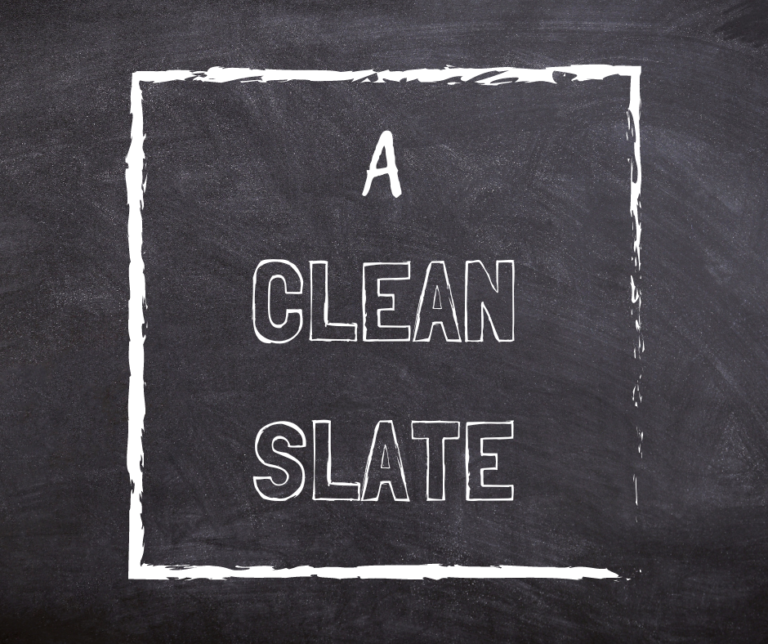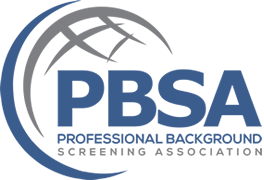Businesses that are regulated by the Department of Transportation (DOT) need to maintain a Driver Qualification file in addition to standard employee documents. Driver Qualifications are required for all drivers who operate a vehicle with a Gross Vehicle Weight Rating (GVWR) or Gross Combination Weight Rating (GCWR) of 10,001 pounds or more.
Driver Qualification File Checklist
49 CFR 391 explains the minimum requirements for commercial motor vehicle drivers. Motor carriers are required to
maintain a qualification file for each of their drivers. The following checklist will help you ensure that each driver
qualification file is complete.
- Employment Application – The FMCSA requires an employment application to be on file even if you are an owner-operator and have to fill one out for yourself. The following information is required on an employment application in order to be considered acceptable for the FMCSA, which may not typically appear on a standard employer application. Retain for life of employment + 3 years after termination.
– 3 years of previous employment (10 years for applicants applying to a job who operate a vehicle with a GVWR/GCWR of 26,000 pounds or more)
– Nature and extent of the applicant’s experience operating a motor vehicle
– Moving violations over the past 3 years
– Accidents over the past 3 years
– Denial, revocation, or suspensions of license to operate a motor vehicle - Medical Examiner’s Certificate – All commercial drivers are required to pass a physical exam at least once every 24 months. A copy of the applicant’s medical certification must be kept on file and employers must maintain its valid status. The medical examiners status on the national registry must be verified and notated in the file. 49 CFR 391.43 Retain for 3 years.
- Copy of Driver’s License – Retain for life of employment + 3 years after termination.
- Road Test Certificate – A person cannot drive a commercial motor vehicle until successful completion of a road test and receipt of a certificate. -49 CFR 391.31 (e) Retain for life of employment + 3 years after termination.
- Motor Vehicle Records (MVRs) – The employer must obtain MVR’s for every state the driver has held a license or permit over the last 3 years. This must be reviewed and updated on an annual basis. -49 CFR 391.25 (c) (2) Retain for 3 years.
- Annual Driver’s Certificate of Violations – At least once every 12 months, drivers must submit a list of all convicted violations of motor vehicle traffic laws and ordinances during the previous 12 months. Carrier must review and compare it with the driver’s annual MVR. -49 CFR 391.27 Retain for 3 years
- Annual Driving Record Review – Following the review of the MVRs and violations, the employer must maintain documentation of the driving record review on a yearly basis. Retain for 3 years
- Pre-Employment Drug & Alcohol Test Results – Employers must ask potential employees if they have tested positive or refused to test, on any
pre-employment drug or alcohol test within the past three years. If the potential employee admits to having a positive test or refused to test, that individual must not perform safety sensitive functions until the successful completion of the return-to-duty process. Documentation demonstrating completion of return-to-duty process must be retained in the DQ file. -49 CFR 40.25 (i) 49 CFR 382.301 - Drug & Alcohol Testing Program/Policy – This is the page from the FMCSA drug policy that the driver signed. It is necessary for drivers who are required to hold a CDL. It is not specified under regulations to keep this in the driver qualification file, but it will likely be requested in the event of an audit. Motor carriers are not prohibited from maintaining them with the driver files.
- Inquiry to Previous Employers: Safety Performance History Records Request. – Must maintain information from the previous 3 years of employment for all DOT – regulated positions. Retain for life of employment + 3 years after termination. Must include:
– A written authorization form from the applicant permitting an investigation to be conducted.
– Documented attempts made from previous employers who do not respond.
– Documented responses from previous DOT- regulated employers.
– Documentation if the employee held no previous DOT-regulated positions. – 49 CFR 391.23 (a) (1) and (b) - Entry Level Driver Training Certificate – All drivers are required to receive training under this rule with required certification by the motor carrier. All drivers with less than one (1) year of commercial driving experience are required to complete training, which must be provided by the motor carrier. Retain for life of employment + 3 years after termination. Topics:
(a) Driver Qualification, Medical Examinations, Drug/Alcohol Testing
(b) Hours of Service for Drivers
(c) Driver Wellness
(d) Whistleblower Protection. - Longer Combination Vehicle Driver Training Certificate – Applicable only to drivers that operate a LCV. – 49 CFR 380.401. Retain for life of employment + 3 years after termination.
Who is Subject to DOT Drug Testing?
- Federal Motor Carrier Safety Administration (FMCSA) – Drivers of Commercial Motor Vehicles (CMV) or those who hold a Commercial Driver’s License (CDL), vehicles required to have a DOT placard, or those who transport hazardous materials.
- Pipeline & Hazardous Materials Safety Administration (PHMSA) – operations, emergency, and maintenance staff members.
- Federal Railroad Administration (FRA and FRAMOW) – hours of service employees, roadway workers, “regulated service” contractors, train and engine service, dispatching, maintenance of way, and signal employees.
- Federal Transit Administration (FTA) – armed security personnel, mechanics, controllers, and drivers/operators of mass transit vehicles.
- Federal Aviation Administration (FAA) – flight crew (including attendants), ground security controllers, and aircraft dispatchers.
- Department of Homeland Security; including U.S. Coast Guard (USCG) – crew members and those operating a commercial vessel.




